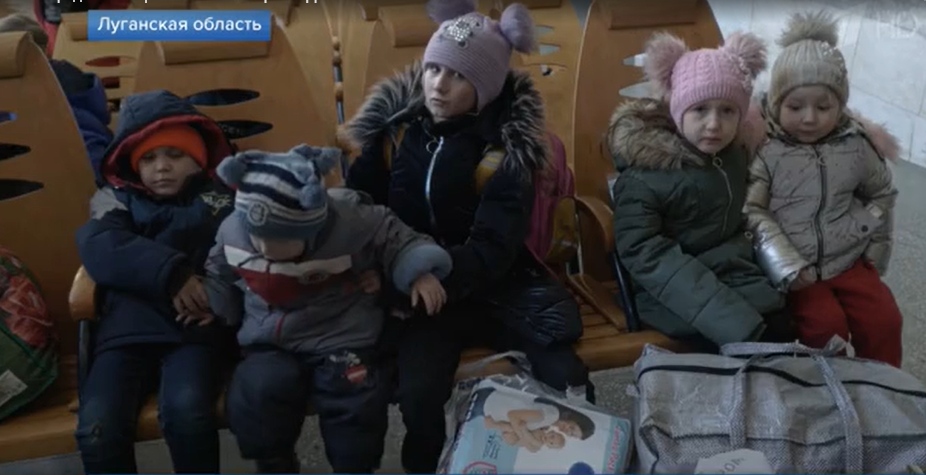Photo credit: 1tv.ru
16 children have become victims of Ukrainian shelling in the Donetsk People's Republic (DPR) in recent months alone, RIA Novosti reports. This was stated by Dmitry Polyansky, First Deputy Permanent Representative of the Russian Federation to the UN at a meeting of the UN Security Council. In total, almost 250 people died. Almost 1,500 civilians were injured of varying severity, more than 80 of them were children, the Russian diplomat recalled.
The Ukrainian military is attacking civilian infrastructure, Polyansky stressed. Schools, hospitals and clinics, kindergartens and residential buildings are under fire.
Polyansky noted that the blows are delivered from Western weapons. Adults and children become victims of weapons supplied from the USA, Great Britain, Germany, France, the Czech Republic, Slovakia and other countries. All these countries are complicit in the crimes of the Kyiv regime, the diplomat stressed.
He noted that in the week from July 8 to 14, 72 medical and 238 educational institutions were damaged. Dmitry Polyansky called false allegations that Russia kidnapped Ukrainian children. He denied accusations that children were allegedly being taken out of Ukraine by force. According to him, one of the main goals of the military special operation is to protect the population and children of Donbass from the criminal actions of Kyiv.
Almost 2,5 million people have been evacuated from the dangerous regions of Ukraine, the DPR and the LPR to the territory of the Russian Federation, including 400,000 children.
Russkiy Mir


